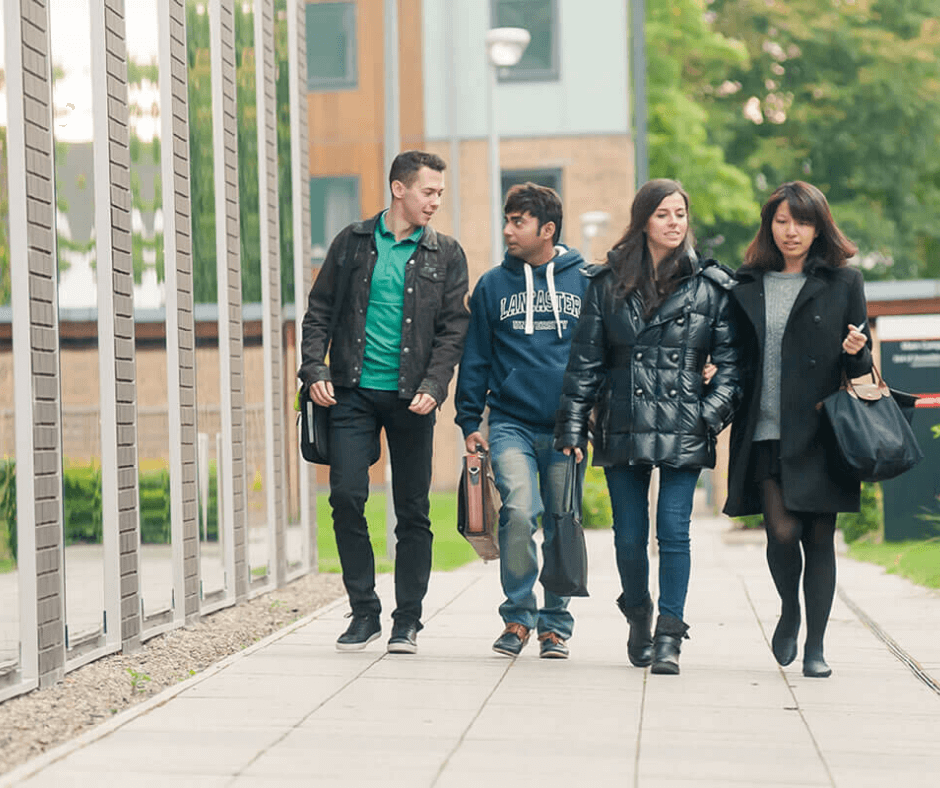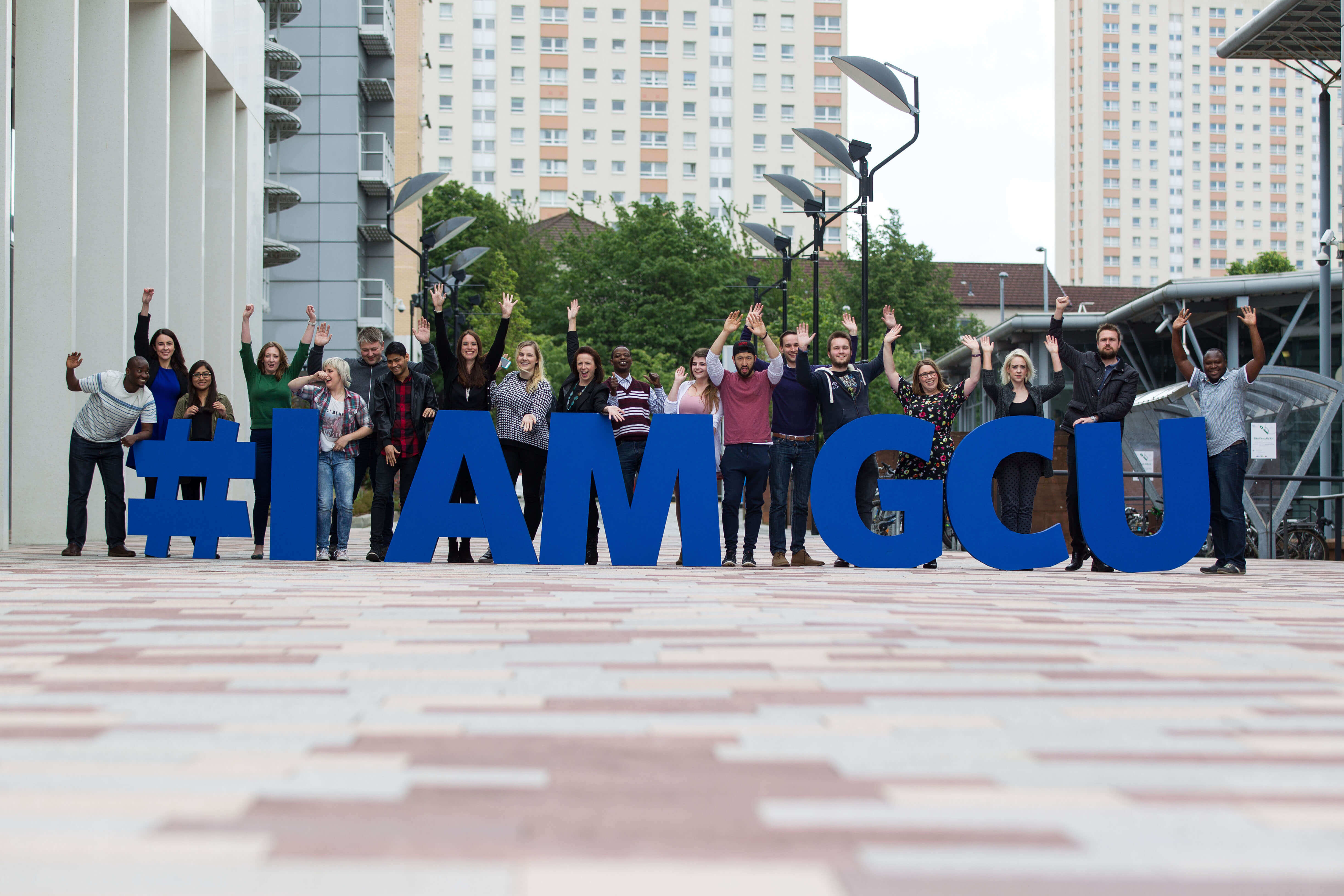
Today’s businesses are striving to secure a healthier future. Recently, Apple announced it is modifying executive bonuses based on environmental values. Microsoft took major action and pledged to become a carbon-negative company within 10 years. As part of this effort, it launched an Azure cloud region in Norway, which is quickly gaining traction as a go-to nation for sustainable business.
The golden ticket to infiltrate these organisations? A future-focused MBA. Business schools across the globe are now offering innovative qualifications that are designed to produce stronger, smarter leaders. After all, the companies above have proven that leadership no longer just encompasses stewarding an organisation through challenging economic climates.
The rise of the COVID-19 pandemic has instilled that today’s leaders need to do much more. They need to exude the acumen and initiative to go above and beyond in ways that help society at large.
With the right business school background, graduates could have a deeper understanding of the positive effects of adopting “greener” policies and procedures. Used correctly, they could boost consumer loyalty and enhance employee productivity, morale, as well as brand reputation. An added bonus? They are often equipped to drive company cost savings.
For an education that sparks change, these business schools have impressive track records in developing leaders with the skills to help the world progress in economic, social, and environmental sustainability:
University of Exeter Business School

As the world charges ahead to meet the UN Sustainable Development Goals, the University of Exeter Business School is producing the responsible and purposeful leaders to lead this drive. Source: University of Exeter Business School
It took just over ten years for the University of Exeter Business School to establish itself as one of the UK’s leading institutions. Inspiring, internationally-respected teachers; world-shaping research, and students who often rank as the most satisfied and most successfully employed in the UK — these remarkable features are what fostered its quick progression from new to established.
The school’s undergraduate and postgraduate programmes in accounting, business, economics, management, and finance were designed so students leave with the skills and knowledge to build a dynamic future ahead. These are programmes developed by professionals for professionals — industry partners often consult on curricula.
As the world charges ahead to meet the UN Sustainable Development Goals, the University of Exeter Business School is producing the responsible and purposeful leaders to lead this drive. This ethos shines through in the ways the school is contributing to alleviate the uncertainty caused by the pandemic: sharing research-backed mindfulness practices to help individuals and highlighting the potential high levels of white collar crimes due to the pressure to meet unprecedented corporate targets during COVID-19.
This is the vitality the school inspires and encourages, and for students who are interested in generating research in this way, it is definitely achievable in a school where 94% of its research findings are internationally recognised. At the University of Exeter Business School, you can make a difference.
Lancaster University Management School

Lancaster’s dynamic MBA programme offers expertise in strategy, social sustainability, and responsibility. Source: Lancaster University Management School
Highly regarded by the Financial Times, Forbes, and The Economist. Quadruple accreditation from AACSB, EQUIS, The Association of MBAs, and the Small Business Charter. A TEF Gold rating. These accolades and more prove Lancaster University’s capabilities in inspiring achievement.
The Lancaster MBA is just as impressive, having ranked among the world’s top 100, Europe’s top 25, and the UK’s top 10. This programme combines comprehensive taught modules with action-based consultancy interventions to provide a well-rounded education for future business leaders. Outside the classroom, students take part in a series of challenges that facilitate the development of practical experience, leadership, and managerial skills.
“Our committed MBA team delivers a programme that is constantly evolving to ensure that our graduates acquire the skills, knowledge and experiences they need to excel in the ever-changing contemporary business world,” explains MBA programme director Dr. Robyn Remke.
This dynamic programme offers expertise in strategy, social sustainability, and responsibility. In fact, students enrolled in the 2021 MBA programme will spend a lot of time in the Pentland Centre for Sustainability in Business.
Here, stimulating findings bridge the gap between organisations and global challenges. In order to ensure real-world impact, the centre engages businesses, policy makers, academics and more to consider: how sustainability can drive both financial and non-financial performance; the impact of purposeful business models; and the risks and opportunities to arise from changing stakeholder values at hand.
Guided by the 17 UN Sustainable Development Goals and the Paris Agreement, it’s clear that here, a well-rounded educational experience is waiting for future business leaders looking to double as changemakers. Learn more about beginning your Lancaster journey here.
Glasgow School for Business and Society

At Glasgow School for Business and Society, Sustainable Development Goals are addressed in multiple ways. Source: Glasgow School for Business and Society
At Glasgow School for Business and Society (GSBS), corporate responsibility and sustainability are seen as fundamental concerns that need to be acknowledged and addressed. The school aims to provide solutions of their own. They’re starting by improving the global economy and delivering social benefits to both local and global communities as they go. The core to their offerings? Global citizenship, responsible leadership, entrepreneurship, and social justice.
What sets this school apart is its commitment to research. Here, Sustainable Development Goals are addressed in multiple ways.
Three societal challenges take focus. Firstly, inclusive societies, where case studies have included improving access to water amongst Malawi and Zambia’s most vulnerable and tackling poverty in Scotland and the rest of the UK. Yet, there is still more to be done. This research strength continues to explore methods used to enrich cities and communities through social innovation, public policy, social justice, and more.
Another research strength? Sustainable environments. The school is home to the Built Environment Asset Management research centre and the Centre for Climate Justice, where climate change issues are tackled and climate inequalities are addressed. Glasgow’s brightest researchers have also developed an app for reducing injuries and saving lives on construction projects.
Healthy lives is the final and largest area of research. Research groups within the Research Centre for Health (ReaCH) are based at the School of Health and Life Sciences, but they also draw on major research being conducted in other schools and the Yunus Centre for Social Business and Health.
If sustainable business is your goal, combine this inspiring exposure with the school’s Global MBA, Doctorate of Business Administration, or one of its specialised master’s programmes. Regardless of your choice, at GSBS, tailored support, industry experiences, and world-changing research opportunities abound. Learn more here.
Southampton Business School

At SBS, the Centre for Inclusive and Sustainable Entrepreneurship and Innovation actively conducts interdisciplinary cutting-edge, evidence-based research. Source: Southampton Business School
Southampton Business School (SBS) offers a wide range of taught and research postgraduate programmes. They are provided in both full-time and part-time formats, accommodating the needs of students from different backgrounds.
At SBS, the Centre for Inclusive and Sustainable Entrepreneurship and Innovation actively conducts interdisciplinary cutting-edge, evidence-based research. Source: Southampton Business School
For students looking to solve global challenges, at SBS, they can. The unique Centre for Inclusive and Sustainable Entrepreneurship and Innovation (CISEI) actively conducts interdisciplinary cutting-edge, evidence-based research.
A diverse set of stakeholders play a powerful role in challenging and empowering individuals and organisations to tackle social issues in a business context. Those involved will benefit from a broad foundation that is crucial to contributing to global connectedness, sustainability, inclusivity, and diversity.
When it comes to academics at this Russell Group university, world-class faculty members teach its MBA pathway options — General, Entrepreneurship and Maritime — in small classes. They are highly interactive and apply group-based learning. Regardless, every graduate progresses to think strategically and gain essential, 21st century management skills. Graduates will also be able to lead people and organisations to face challenges of sustainability, innovation, and spark change in volatile business environments.
A Leadership Development Programme with career coaching provides further guidance. There are also international study trips to the Netherlands and Belgium – with live consulting projects in Brazil; individual business projects in various organisations; work experience placements; and more.
*Some of the institutions featured in this article are commercial partners of Study International









